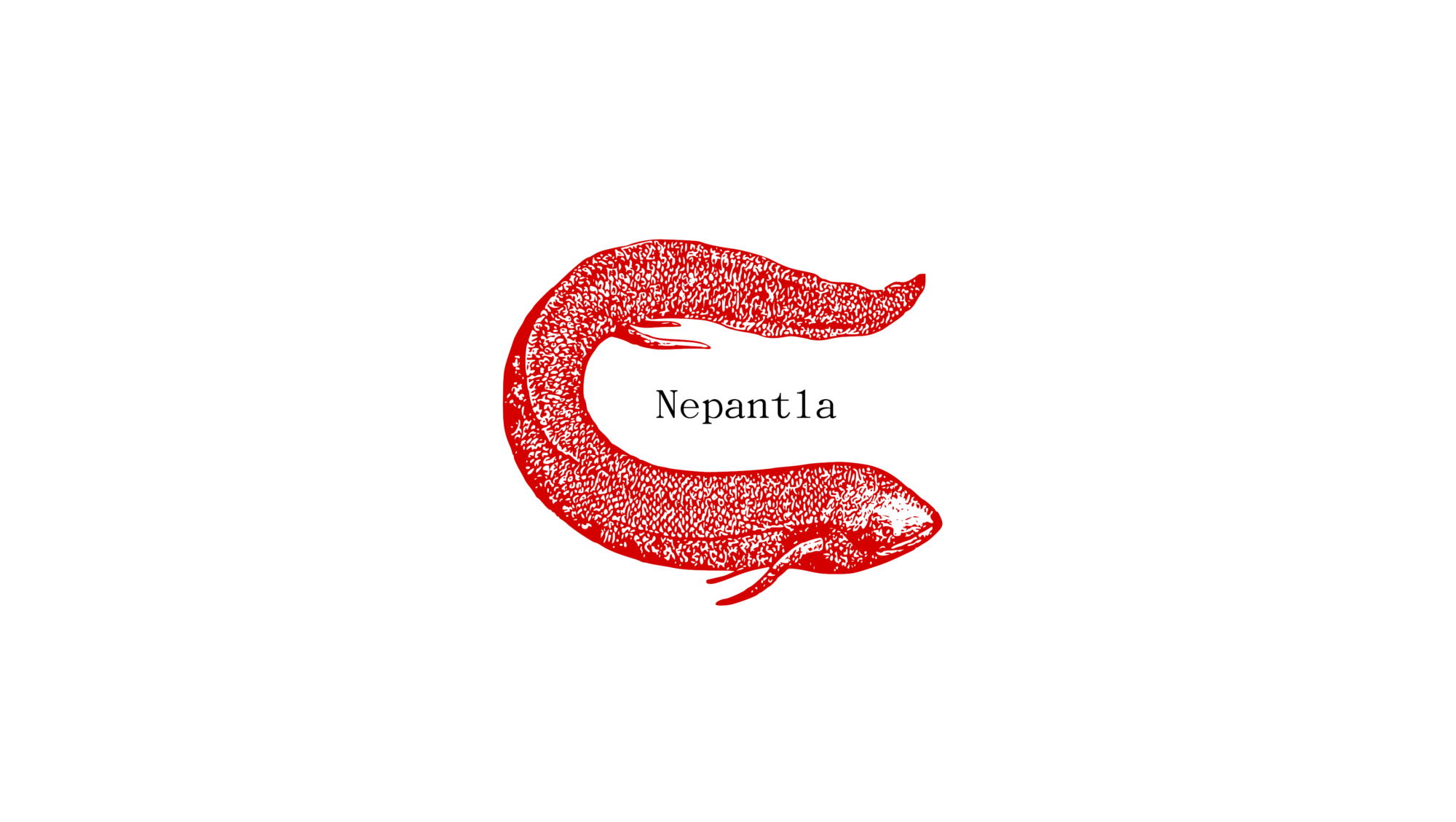UPDATE: Since the publication of this article Adrian Iosof has made his debut album available on soundcloud. His tracks remind us of the joyful experimenting of the 70’s, when artists would create, play around with what they had available. This somewhat contingent way of composing is in stark contrast to our consumerist creativity, where everything is at our disposal, everything is at hand. “Make do with what you have” is a childish, joyful art motto that composes music with the audacity of transforming the banal, everyday objects or sounds surrounding us into self-expressing images. While these self-expressing images can take on the playful, joyous tempo that have produced them – “Primus” or “Ringtones”, they can also gain a more somber musical autonomy like “Celestial” or “Yaouah”.
Deleuze calls music the perfect example of a rhizomorphic ontology because it grows from an aparallel evolution of its parts. A rhizome is not a series of parts growing exponantially into each other. One part does not come before the other nor does it cause any other. There is no preceding unity of elements that then specifies itself in well defined subordinates. A rhizome is a fractal organic formation in which parts are self-standing but also essentially connected to each other element.
Deleuze speaks of a bee and a flower: they are distinct entities, from distinct species, that nevertheless evolve together in a rhizomatique field, i.e., a field in which heterogenous parts are interconnected and grow together, without being subdued by an overarching, superior homogenous form.
Deleuze’s rhizome reminds us of Husserl’s time conciousness in which every “now” is a field of experience necessarily interconnected to its expansion in the future (protention) as well as its trace in the past (retention). Time is for Husserl a framework of such retentions and protentions, that originates in an original impression – that is only experienced through its pulsating retentions and protentions – and gains a unitary form in the lived consiousness of time. Take the unity of consciousness and the original impression away and you end up with something similar to a rhizome: a self-increasing and self-contained formation, that is not self-enclosed but grows beyond its form in heterogenous relations: it spreads its roots, it reaches out to new forms – the same as music.
Adrian Iosof’s Aurora reflects such a movement. Named after the aurora borealis and reminding of Jean-Michel Jarre’s retro-techno Oxygene Iosof’s Aurora seems to grow from within its etherical howl and evolving aparallely to its well-defined low-fi beats. It dissipates then in a similar manner.
Aurora is part of an album by Adrian Iosof that is still in mastering and is planned to come out later this year. This article is a small teaser of Iosof’s music.



